
I was sitting in a class taught by a big rabbi who had flown in from Israel. In my lap, I was holding my three-month-old son.
My son started making noise, so I got up and walked towards the exit. I didn’t want to be disrespectful and disrupt this rabbi.
As I got to the door, the rabbi singled me out.
“You don’t need to leave,” he told me in front of the room full of people. “I’m going to go up one day and meet God, and if you leave, He’s going to ask me, ‘Why did you let that baby leave?’ This is for him too.”
My son started making noise, so I got up and walked towards the exit… As I got to the door, the rabbi singled me out. “You don’t need to leave,” he told me in front of the room full of people.
I smiled and sat down in my chair. My son calmed down, and I was able to take in the rabbi’s beautiful teachings.
I was so impressed with the rabbi’s response to my child being, well, a child. It made me feel good and ensured that I could stay and hear his amazing speech. It was about mothers setting their spiritual tone of their families and homes, and how important it is for women to be connected to God. It was just the message I needed to hear in that moment.
Being welcoming to children is so important, especially at a time when birth rates are low (outside of the Orthodox Jewish world, at least) and the forces of secular society are so against Torah values. While those forces aim to bring us down, Torah aims to help us rise and become our best selves possible. We need to hold onto our children’s little neshamas, these little souls, as tightly as we can if we want the Jewish people to survive and thrive.
As a parent of three small children – ages five, three and three months – I do my best to cultivate a home filled with love of Torah and mitzvot. As a convert who has been in both worlds, I see how important it is to have a strong foundation at home and solid values you can rely on.
When it comes to parenting in a loving, Jewish way, I first model the behavior I want to instill in my children. My daughters see me pray every single day, whether I say “Modeh Ani” with them when we all wake up or I stand and pray from my siddur.
I try to go to synagogue every single Shabbat, and I take them to kids’ programs where they are welcome, encouraged to have fun and given the chance to do circle time and pray as well. On Shabbat, I don’t closely monitor their sugar intake like I do during the week, because I want it to be special and sweet and something to look forward to.
I take them to classes, as I did with my baby son, so they can hear a little bit of Torah – even if they end up leaving halfway through to go play.
I am strict on some Jewish practices, like not talking when their daddy is saying kiddush on Friday night so they can hear the prayer. However, I don’t force them to do things if I can tell in the moment that they are unable to.
My husband Daniel and I take our kids to every fun Jewish event possible, from carnivals to Torah dedications and simchas at synagogue.
Most of all, we practice Judaism with love, just like the rabbi did when he encouraged me to stay in his class.
I hope that Judaism feels like a big, warm hug for my children, just like it did for me when I converted. I was lost and hopeless in the secular world without God; now, when I feel down, I turn on a Torah class or pray or go to a friend’s house for Shabbat and immediately feel that tremendous warmth.
In the end, I know that I cannot control my children; they will choose the path that is right for them. While I hope it will be observant Judaism — because it is truly an incredible way to live — I know they might not feel the same as me.
But I will know that I did my best. When I go up, God willing, after 120+ years and speak to my Creator, like the rabbi, I want to be able to say I encouraged my children to stay. To stay and to love their Judaism, and to use it to live meaningful, wonderful lives.
Kylie Ora Lobell is an award-winning writer and Community Editor of the Jewish Journal. You can find Kylie on X @KylieOraLobell or Instagram @KylieOraWriter.













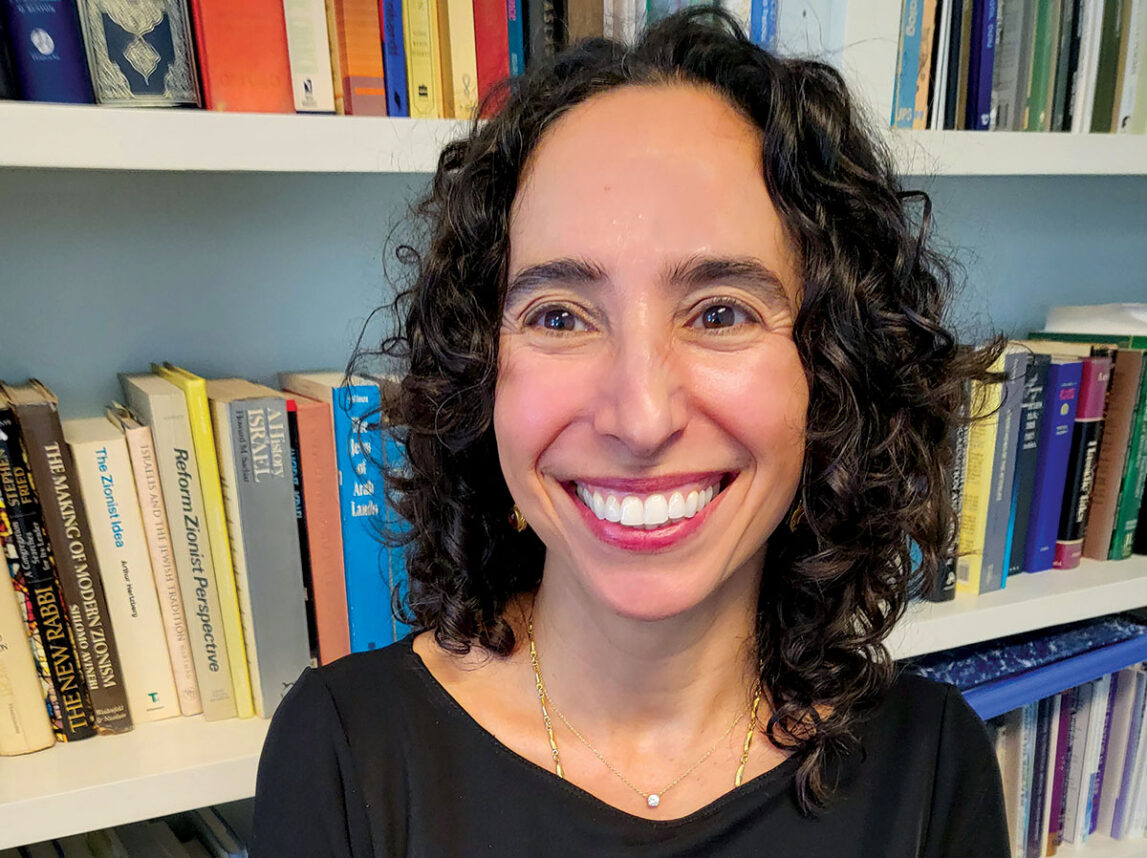
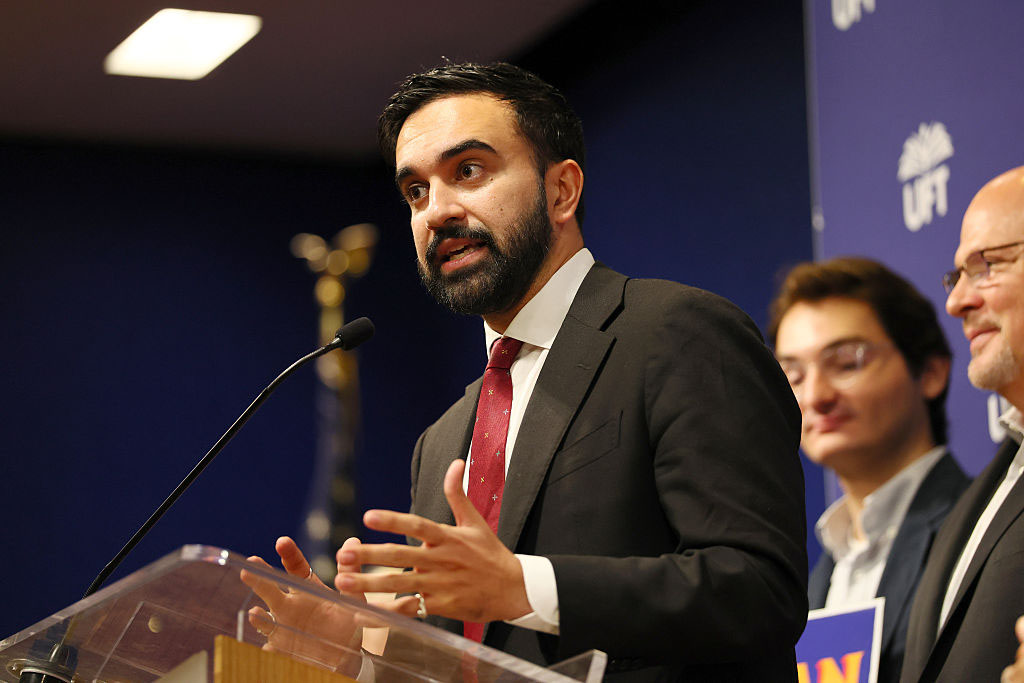


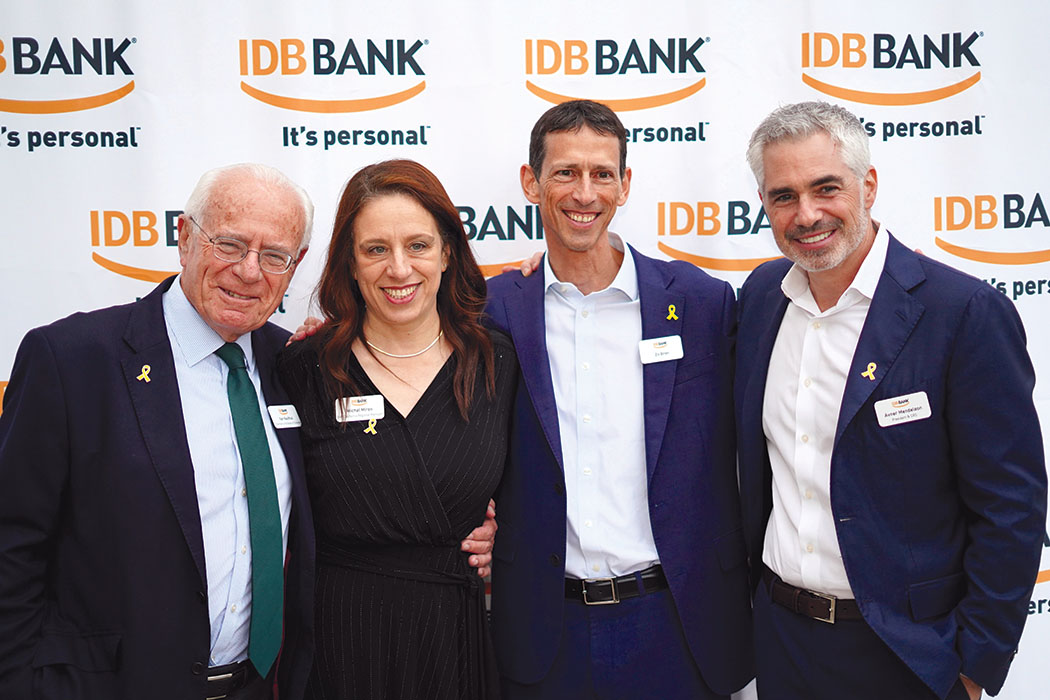





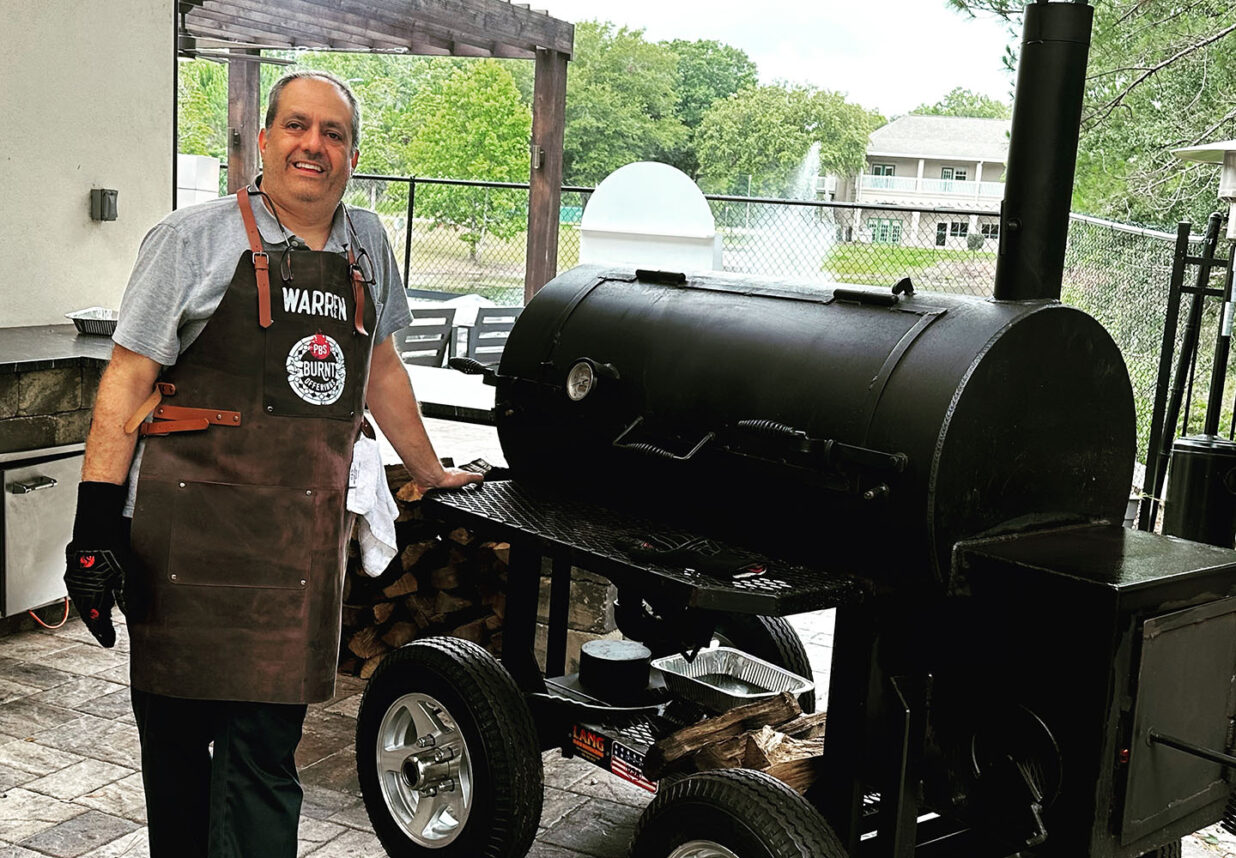
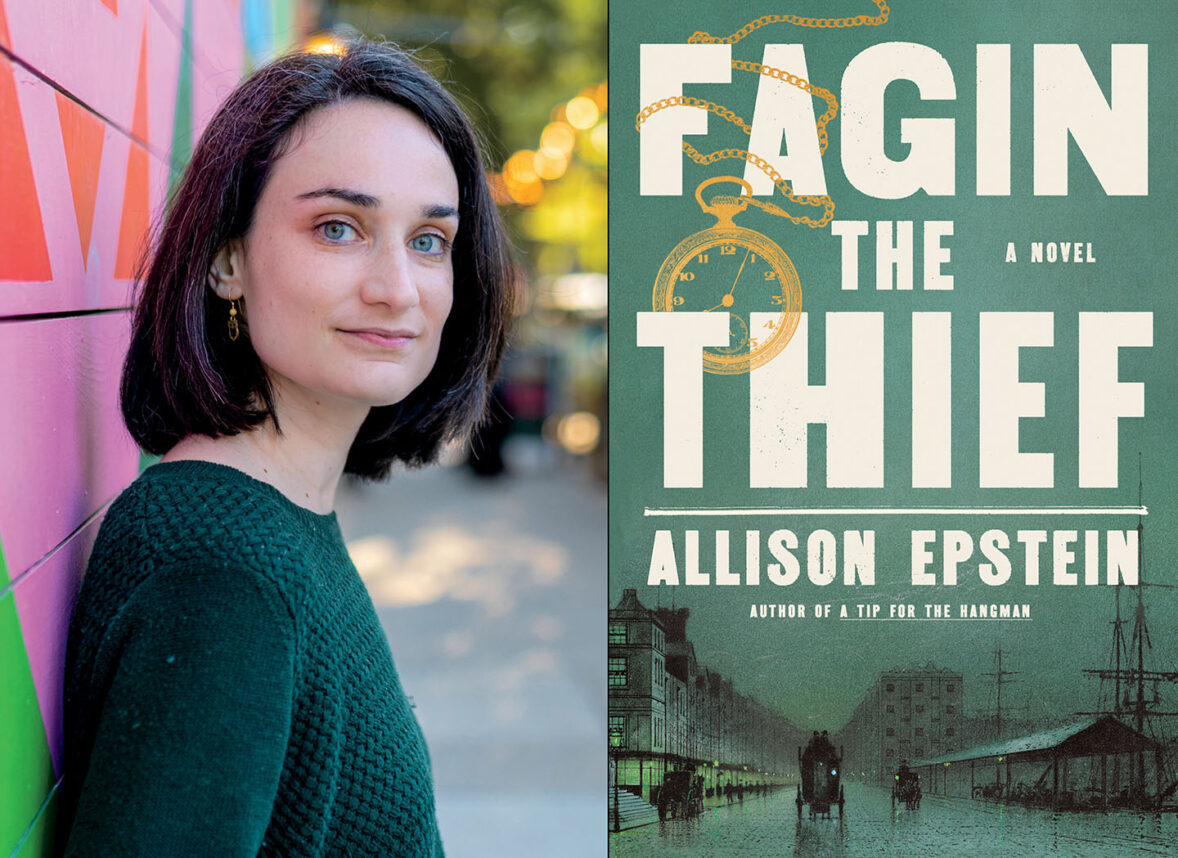
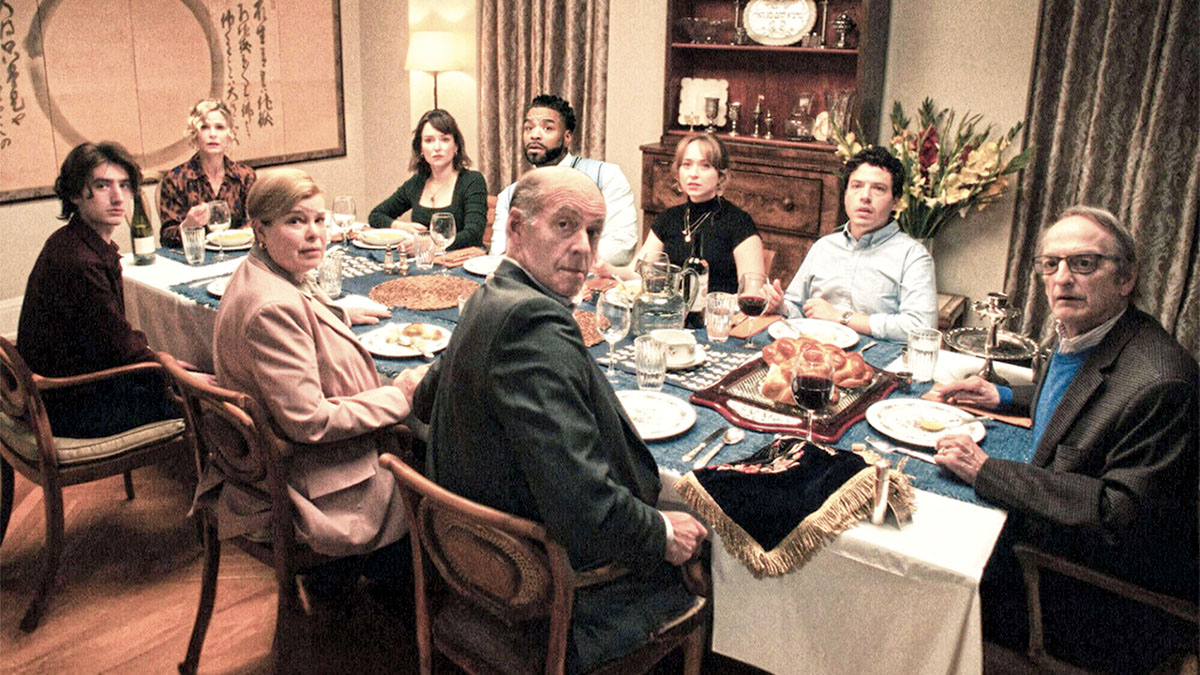


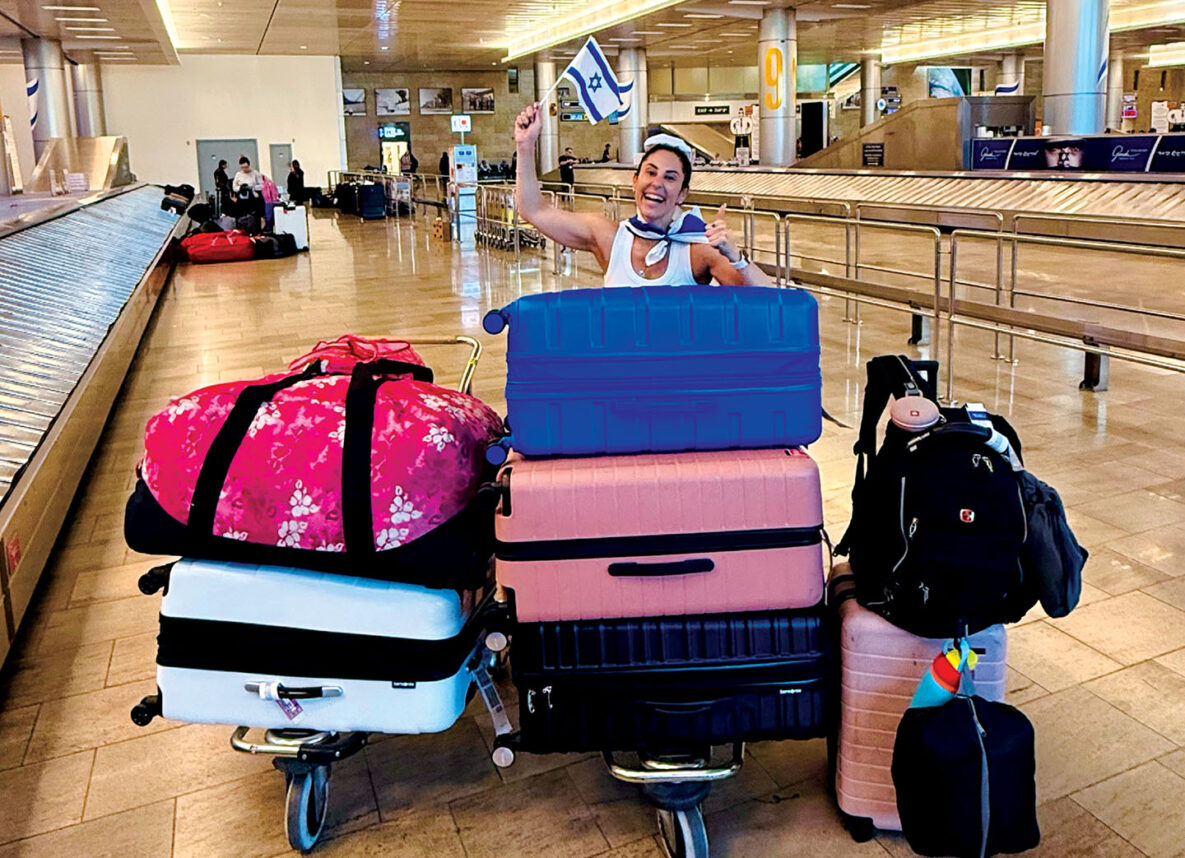




 More news and opinions than at a Shabbat dinner, right in your inbox.
More news and opinions than at a Shabbat dinner, right in your inbox.